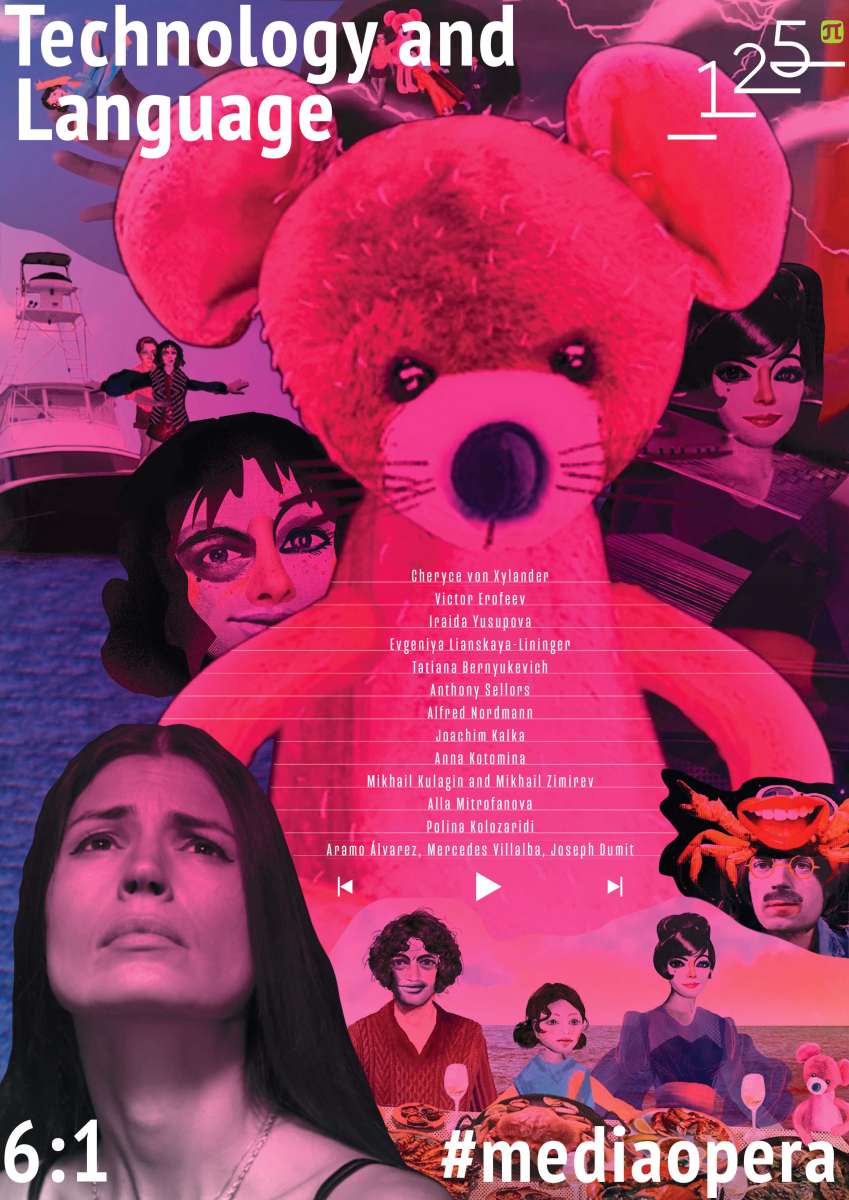Unstable Users: Coordinating the Configuration of Digital Objects and Projects
Digital objects are inherently unstable and dependent on user interactions and other infrastructures. At the same time they serve as search engines, libraries, calendars, shops, etc. The user also acquires multiple roles, like being a reader, a visitor, or a participant. The future they suppose is connected with specific tasks that configure both users and digital machines themselves. However, the roles of the user are often not explicit. This article aims at revealing the imaginaries of the user’s intentions and aims in digital humanities projects. Digital Humanities projects are supposed to be a part of scientific transformation. The scholars from this field transform the “traditional” scientific knowledge into the forms that suppose transformation of the materials as well as the practices of dealing with them. We analyse interfaces and instructions, also including some context of those projects. The results demonstrate that the projects’ user is supposed to have some task from the institutional or disciplinary knowledge outside the digital milieu. The digital instruments might serve as tools for the same tasks that can be supported via interface or instruction. If we consider also the plans and the intentions of the DH researchers, we see that the instruments and the user configure each other. The content is transformed itself, becoming adjustable for users’ tasks. At the same time the user can act in either way, and the ways of interaction with DH projects are yet to be researched, in order to understand whether the latter configure some digital scholar.



